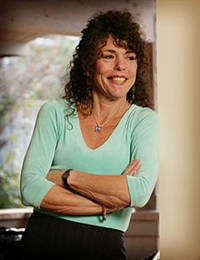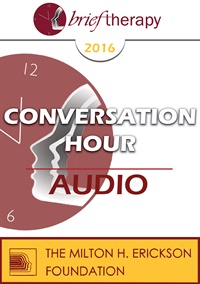BT16 Conversation Hour 03 - Michele Weiner-Davis, MSW
- Average Rating:
- Not yet rated
- Topic Areas:
- Conversation Hours | Therapist Techniques | Couples Therapy | Marriage
- Categories:
- Brief Therapy Conference | Brief Therapy Conference 2016 | Pioneers in Couples and Family Therapy
- Faculty:
- Michele Weiner-Davis, LCSW
- Duration:
- 1:00:41
- Format:
- Audio Only
- Original Program Date:
- Dec 10, 2016
- License:
- Never Expires.
Description
Description: Focusing on future change rather than past problems, this conversation offers a hopeful, action-oriented model for couples therapy. With tools like love languages, “real giving,” and brief intensives, it shows how even one partner can spark meaningful shifts. Therapists learn how to support clients through infidelity and disconnection with clarity, care, and practical guidance.
Educational Objectives:
- Learn the philosophies of various practitioners and theorists.
*Sessions may be edited for content and to preserve confidentiality*
Credits
Handouts
| Timestamped Transcript (784.7 KB) | 17 Pages | Available after Purchase |
Faculty

Michele Weiner-Davis, LCSW Related Seminars and Products
Michele Weiner-Davis, LCSW is the Founder of The Divorce Busting Center in Boulder, Colorado. She is a popular TEDx speaker and the author of eight books including, Healing From Infidelity, and the bestselling Divorce Busting and The Sex-Starved Marriage. She is the recipient of several prestigious awards including the Outstanding Contribution to Marriage and Family Therapy Award from AAMFT.


